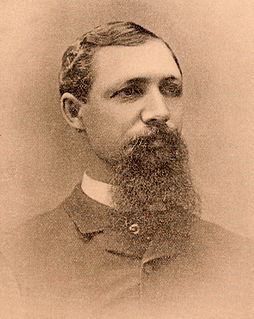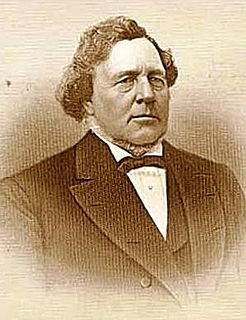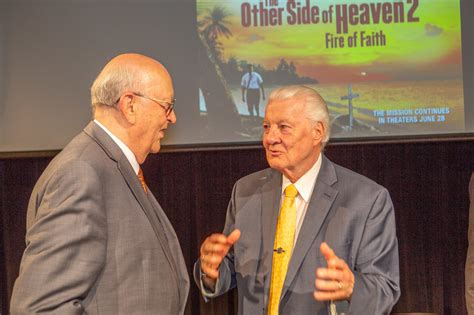A Quote by Gordon B. Hinckley
It is selfishness which is the cause of most of our misery.
Related Quotes
If you have desires, try to look - are those desires the cause of your misery? Nobody wants misery, but nobody is willing to drop the desires - and they are together, they cannot be separated. This is one of the greatest insights that has come from all the enlightened people in the world - that desire is the root of all misery, and desirelessness is the cause of all that is beautiful and blissful.
Disease is the misery of our belief, happiness is the health of our wisdom, so that man's happiness or misery depends on himself. Now, as our misery comes from our belief, and not from the thing believed, it is necessary to be on the watch, so as not to be deceived by false guides. Sensation contains no intelligence or belief, but is a mere disturbance of the matter, called agitation, which produces mind, and is ready to receive the seed of error. Ever since man was created, there has been an element called error which has been busy inventing answers for every sensation.
If ever there was a cause, if ever there can be a cause, worthy to be upheld by all of toil or sacrifice that the human heart can endure, it is the cause of Education. It has intrinsic and indestructible merits. It holds the welfare of mankind in its embrace, as the protecting arms of a mother hold her infant to her bosom. The very ignorance and selfishness which obstructs its path are the strongest arguments for its promotion, for it furnishes the only adequate means for their removal.
This doctrine of forgiveness of sin is a premium on crime. Forgive us our sins means Let us continue in our iniquity. It is one of the most pernicious of doctrines, and one of the most fruitful sources of immorality. It has been the chief cause of making Christian nations the most immoral of nations. In teaching this doctrine Christ committed a sin for which his death did not atone, and which can never be forgiven. There is no forgiveness of sin. Every cause has its effect; every sinner must suffer the consequences of his sins.
Satan had two conditions [to his plan]: the first was the denial of agency, and the second, that he would have the honor. In other words, something had to be in it for him. And thus he became the father of lies and selfishness. Taking up one's cross and following the Savior means overcoming selfishness; it is a commitment to serve others. Selfishness is one of the baser human traits, which must be subdued and overcome. We torture our souls when we focus on getting rather than giving.
My children cause me the most exquisite suffering of which I have any experience. It is the suffering of ambivalence: the murderous alternation between bitter resentment and raw-edged nerves, and blissful gratification and tenderness. Sometimes I seem to myself, in my feelings toward these tiny guiltless beings, a monster of selfishness and intolerance.
We can leave a place behind, or we can stay in that place and leave our selfishness (often expressed in feeling sorry for ourselves) behind. If we leave a place and take our selfishness with us, the cycle of problems starts all over again no matter where we go. But if we leave our selfishness behind, no matter where we are, things start to improve.



































